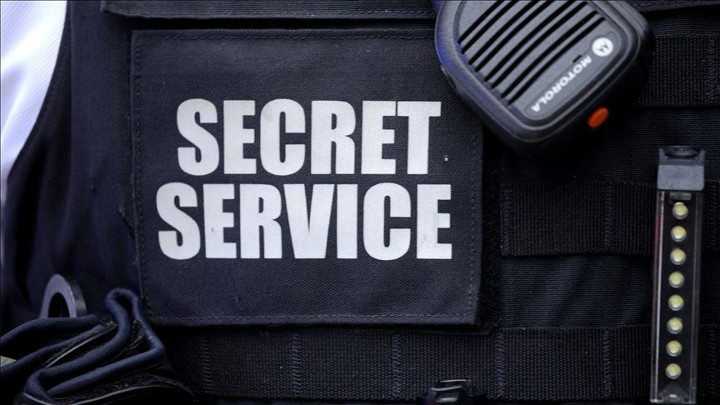US Secret Service Bought Information About Smartphone Users
Vice reports that the U.S. Secret Service has circumvented laws requiring it to obtain a court order to track citizens. It was doing so by buying geolocation data from mobile app manufacturers using proxies. The practice was used for many years.

In one of the latest articles, Vice described a disturbing, but not very surprising practice of the US Secret Service. The agency bypassed its legal limitations, requiring an official court order to start tracking a particular person or group of people suspected of committing a crime. Agents purchased phone location data from a private company Babel Street, theoretically collecting it for advertisers and market research specialists.
Babel Street uses its proprietary software called Locate X to obtain information about smartphone users. It collects anonymously the coordinates that determine the current location of the phone, using the games installed on it and various types of applications that connect to the web. Although the devices do not share user IDs, with their huge resources, special services can easily use the data they have purchased to find and track selected citizens, as well as to profile larger groups such as protesters.

Vice has also reached documents and government contracts with Babel Street, which are worth many millions of dollars. The oldest contracts were signed back in 2017. Interestingly, the main contact between the services and the company is its former employee, which can also raise suspicions, e.g. on the grounds of corruption. Babel Street's services were also used by the American Immigration and Customs Agency (ICE) and the Tax Office (IRS), among others.
However, Secret Service plans are to go much further. The services are constantly looking for methods enabling them to monitor social networks and popular instant messengers much more effectively. Their eyes are therefore naturally locked onto companies dealing with marketing and consumer profiling, which are constantly developing discreet and highly effective technological solutions in this field.
Babel Street's spokesman did not answer Vice's questions about selling information to government agencies. Moreover, the company also completely ignored one of the American senators who took an interest in the case and was concerned. It seems that the company, wishing to remain in the shadows, feels safe enough to afford to completely ignore the media and politicians.
- Top Roblox YouTuber IANROCKS’s channel has been suspended. Other creators are worried, “All my hard work could just get nuked one day, and I’d have to start from scratch”
- YouTuber loses channel to AI error, wins legal battle, but YouTube still ignores him
- Discussion about AI label on Steam continues. “The dev is being punished for their naive honesty”
0
Latest News
- End of remote work and 60 hours a week. Demo of Naughty Dog's new game was born amid a crunch atmosphere
- She's the new Lara Croft, but she still lives in fear. Trauma after Perfect Dark changed the actress' approach to the industry
- „A lot has become lost in translation.” Swen Vincke suggests that the scandal surrounding Divinity is a big misunderstanding
- Stuck in development limbo for years, ARK 2 is now planned for 2028
- Few people know about it, but it's an RPG mixing Dark Souls and NieR that has received excellent reviews on Steam, and its first DLC will be released soon

